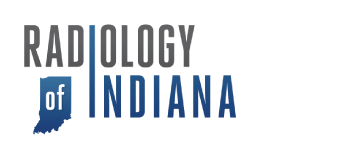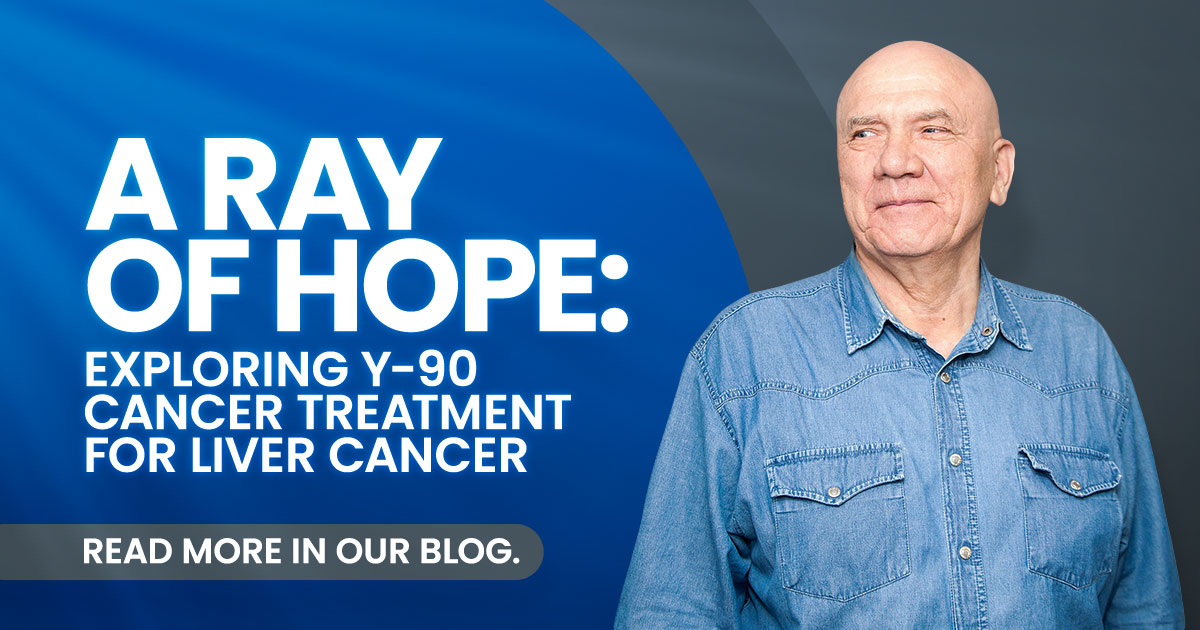A Ray of Hope: Exploring Y-90 Cancer Treatment for Liver Cancer
Liver cancer, a formidable adversary in the realm of oncology, poses significant challenges for both patients and medical professionals. However, amidst the complexities of this disease, a promising treatment option has emerged—Y90, or radioembolization. In this blog, we will delve into the intricacies of Y90 cancer treatment for liver cancer, exploring its mechanism, benefits, and the hope it brings to those battling this formidable condition.
Understanding Liver Cancer:
Liver cancer, or hepatocellular carcinoma (HCC), is a type of cancer that originates in the liver cells. It is often diagnosed at advanced stages, making treatment more challenging. Traditional treatment methods include surgery, chemotherapy, and radiation therapy. However, these approaches may have limitations, especially when dealing with advanced liver cancer.
Enter Y90 Radioembolization:
Y90 radioembolization, commonly referred to as Y-90 treatment, is a minimally invasive and targeted approach to treating liver cancer. This procedure involves the use of tiny radioactive beads containing Y90, which are delivered directly to the tumor site through the bloodstream.
How Y90 Treatment Works:
The Y90 radioembolization process begins with the placement of a catheter into the hepatic artery, the main blood vessel that supplies the liver. The radioactive microspheres are then injected through the catheter, traveling through the bloodstream until they reach the small blood vessels feeding the tumor. Once in place, the Y90 microspheres emit radiation, selectively targeting and destroying cancer cells while minimizing damage to healthy liver tissue.
Benefits of Y90 Treatment:
1. Precision Targeting: Y90 treatment offers precision in targeting cancer cells, minimizing damage to surrounding healthy tissue. This targeted approach is particularly crucial in liver cancer, where preserving healthy liver function is paramount.
2. Minimally Invasive: Unlike traditional surgical procedures, Y90 treatment is minimally invasive, reducing the recovery time and potential complications associated with major surgeries.
3. Localized Treatment: The microspheres used in Y90 treatment deliver radiation directly to the tumor site, offering a localized and potent therapeutic effect.
4. Quality of Life Improvement: Y90 treatment has shown promise in improving the quality of life for patients, especially those with advanced liver cancer. It can be used as a standalone treatment or in conjunction with other therapeutic modalities.
Hope on the Horizon:
Y90 radioembolization represents a ray of hope for individuals facing the challenges of liver cancer. While not suitable for every patient, it has shown efficacy in cases where other treatments may be less effective. As medical research advances, Y90 treatment continues to evolve, offering new avenues for personalized and effective cancer care.
Learn more about Y90 and the board-certified radiology team at Radiology of Indiana today. Call 317-621-5555 or visit radiologyofindiana.com to schedule an appointment.

